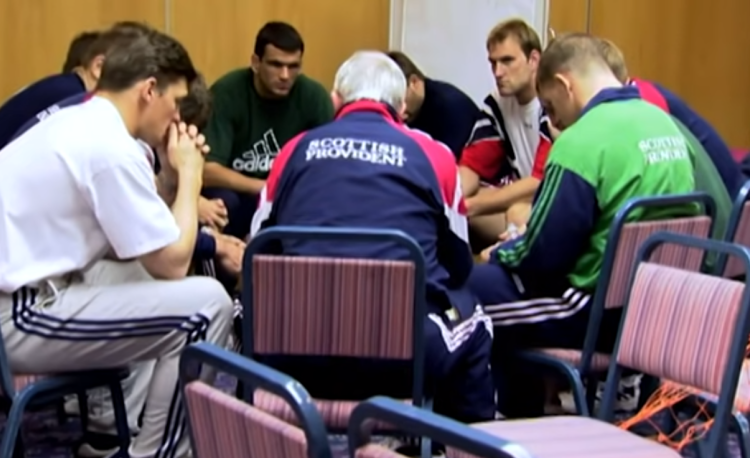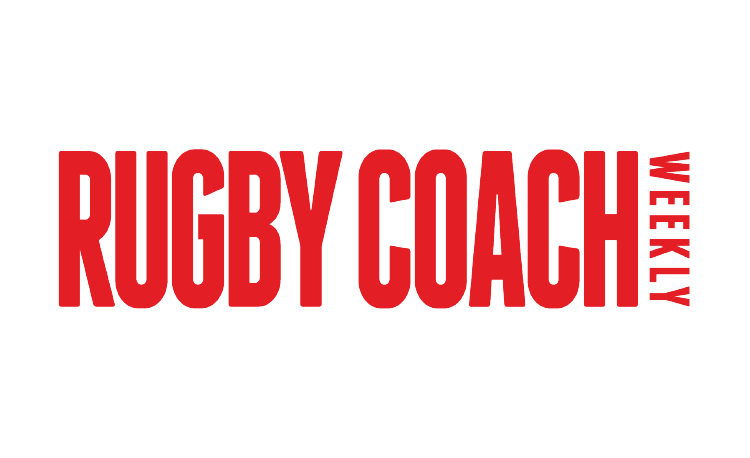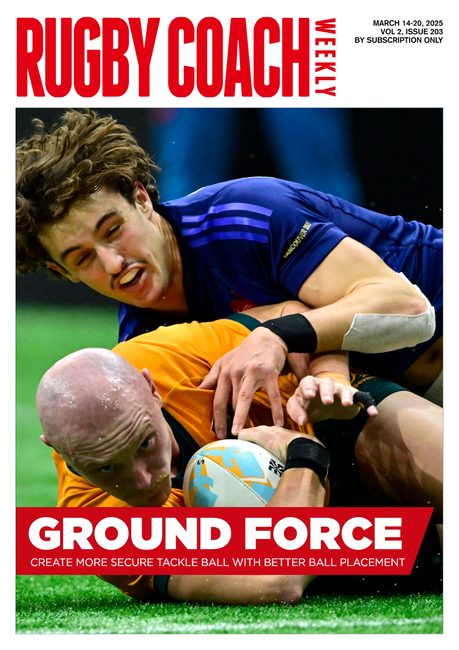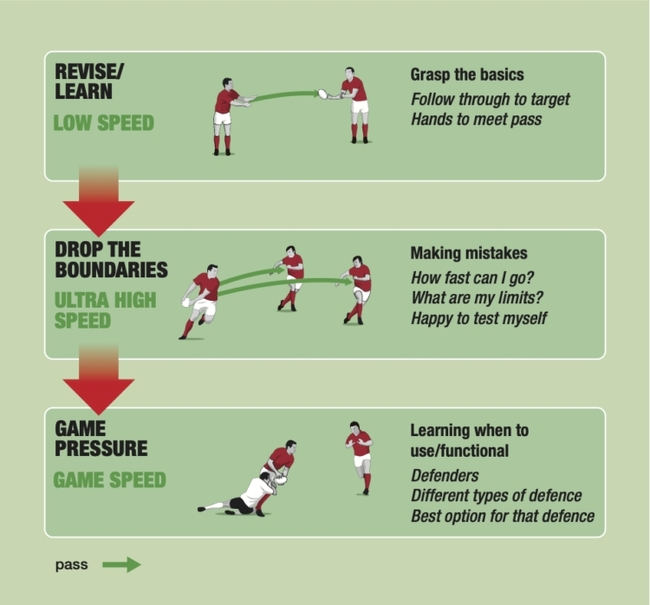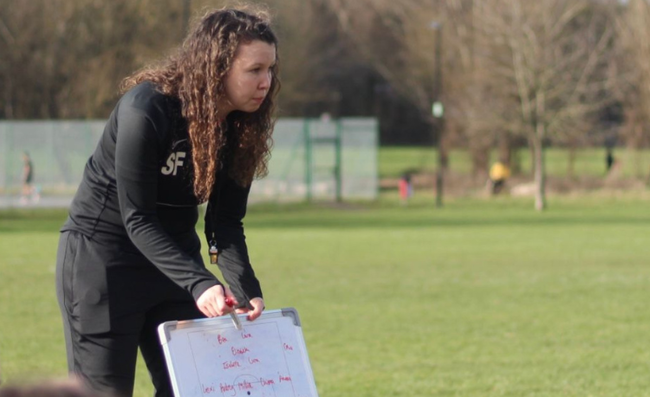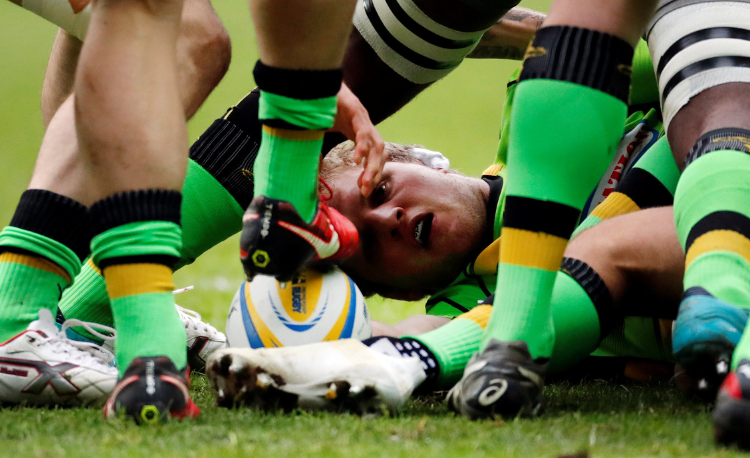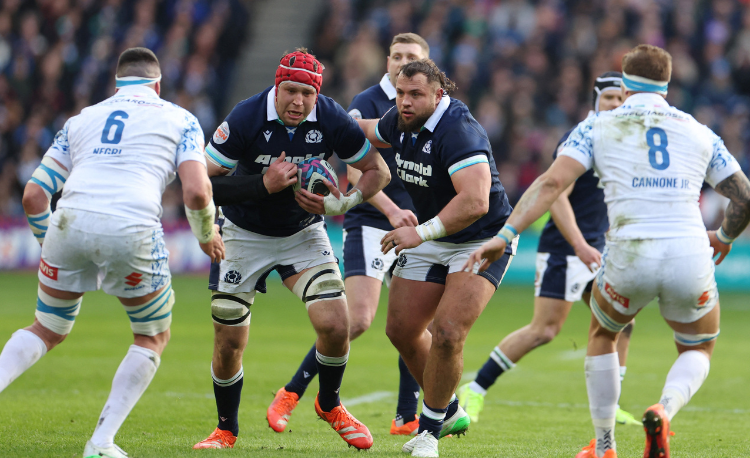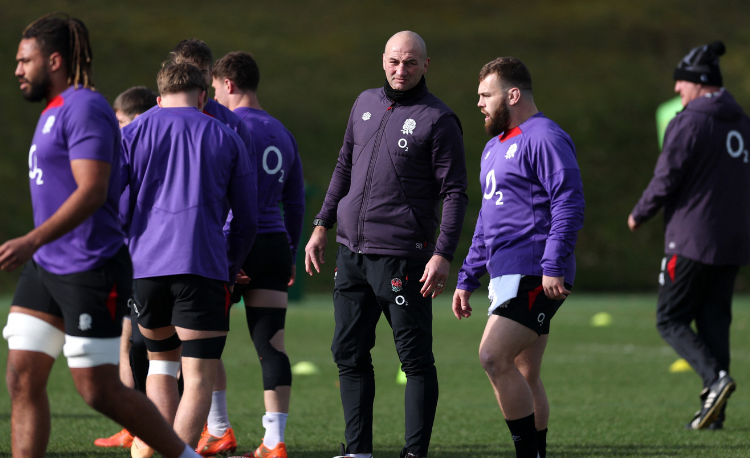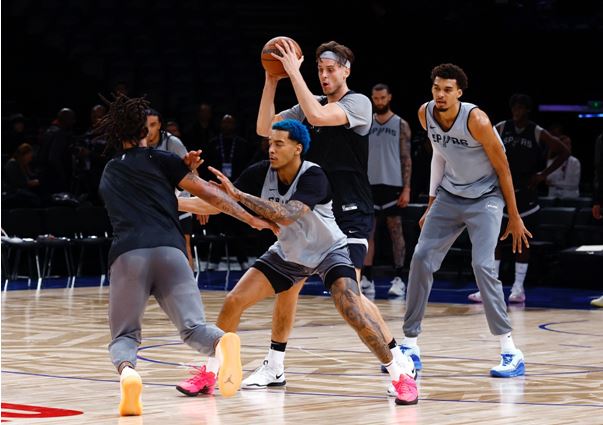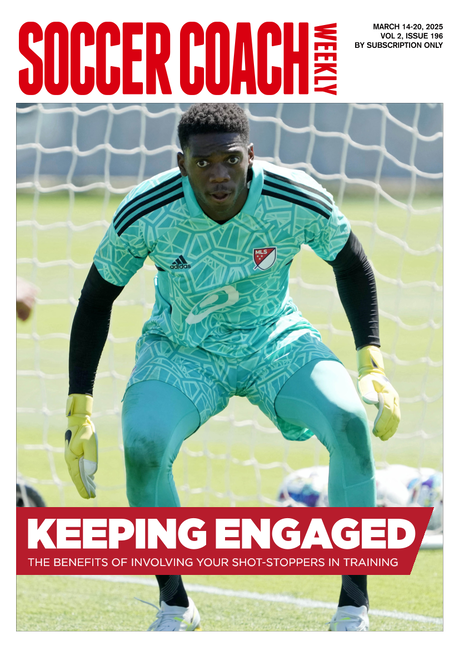Is 'Once more unto the breach' a step too far?
JAKE JOHN explores the best way to give your team momentum before a game.
As coaches, we often feel that our pre-match team talk is a critical intervention and key to a successful performance.
But how important is it? And do we need to re-examine what we are trying to achieve?
Sometimes, we may feel the pressure to reach certain heights of emotion, like Jim Telfer’s speech to the British and Irish Lions in 1997. But should we subject ourselves to this self-imposed expectation?
Reflecting back upon my playing days, it is hard to remember any great team talks and, logically, any great performances preceded by one. Having spoken with other players, past and present, and coaches, their recollections are similar.
What is undisputed, though, is the need to share key messages with your players.
It is also always an ambition to help players reach ‘optimal arousal’, the ideal state of physical and mental readiness to reach peak performance.
The Telfer monologue is legendary – but did it affect on-field performance? Or was it just those players’ quality and individual drive that was the critical determinant?
Certainly, modern teaching and coaching endeavours to be as individualised as possible. This is more difficult when a group is larger and time constraints apply.
But we can use a team talk to share common goals in team performance, and create focus, as well as being the easiest generic approach to offering guidance, so it has its place. Furthermore, it is an expectation of a team and its players.
Let’s look at strategies to optimise its use and the subsequent team performance.
Rousing speeches
Pros
- Can motivate
- Can unite
- Can energise (for a fast start)
Cons
- Desired arousal level differs depending on role/position and personality type
- Short-lived impact
- Cognitive overload
- Players can feel pressure/discomfort with ’one size fits all’ approach
Individual/unit input (goal setting)
This could occur when players are readying themselves to go out and warm up. If you run your warm-ups in small units anyway, this could be an opportunity.
It may be as simple as telling a player what you want to see from them that day (the goal), accentuating strengths to build confidence.
This should, ideally, be linked to any previously established ‘season goals’ and, at an appropriate juncture, you should ask them whether they achieved it or not. If you don’t follow it up and recognise it, the player might reduce subsequent efforts.
As examples, you might ask a wing to target five touches of the ball, or a flanker to be first to three breakdowns.
A Queensland RL veteran supported a rookie in the recent State of Origin game by telling the player to "bring their strengths and play their best game".
This is quite general, but an effective motivator, as it recognises the ability of the player and also challenges them.
Timely interventions
The short-lived impact of the rousing speech is hugely significant. It is quite clear how quickly the energy of a team can drop.
This requires intervention and can be quite early in a game, irrespective of the team talk. Something as simple as clapping, reiterating key messages and huddles can help re-energise. Coaches and on-field leaders can initiate this effectively and easily.
Energy is often generated by a positive play, and, conversely, energy can bring about a positive play. You can see the issue here.
If your messages are clear, simple, and succinct, they are easy to recap and understand, and will refocus and re-motivate the players.
Summary
The pre-match motivational speech isn’t usually enough in isolation to have more than a short-lived impact, so using ’top-ups’ and individual goals are manageable supporting strategies.
Planning your pre-match to allow for opportunities to have quick dialogue with individuals to set simple goals is a must – 30 seconds with each player is simple enough, and time should allow for this.
Being proactive in recognising when re-energising intervention is required in-game is also more than manageable and keeps players alert and focused, if opportune. There are plenty of stoppages for you to achieve this.
It should go without saying that you should also expect your players to take some personal responsibility regarding their own motivation, and that of team-mates. Making this an expectation is a good start to creating an influential culture.
Related Files
Newsletter Sign Up
Coaches Testimonials

Gerald Kearney, Downtown Las Vegas Soccer Club

Paul Butler, Florida, USA

Rick Shields, Springboro, USA

Tony Green, Pierrefonds Titans, Quebec, Canada
Subscribe Today
Be a more effective, more successful rugby coach
In a recent survey 89% of subscribers said Rugby Coach Weekly makes them more confident, 91% said Rugby Coach Weekly makes them a more effective coach and 93% said Rugby Coach Weekly makes them more inspired.
Get Weekly Inspiration
All the latest techniques and approaches
Rugby Coach Weekly offers proven and easy to use rugby drills, coaching sessions, practice plans, small-sided games, warm-ups, training tips and advice.
We've been at the cutting edge of rugby coaching since we launched in 2005, creating resources for the grassroots youth coach, following best practice from around the world and insights from the professional game.
